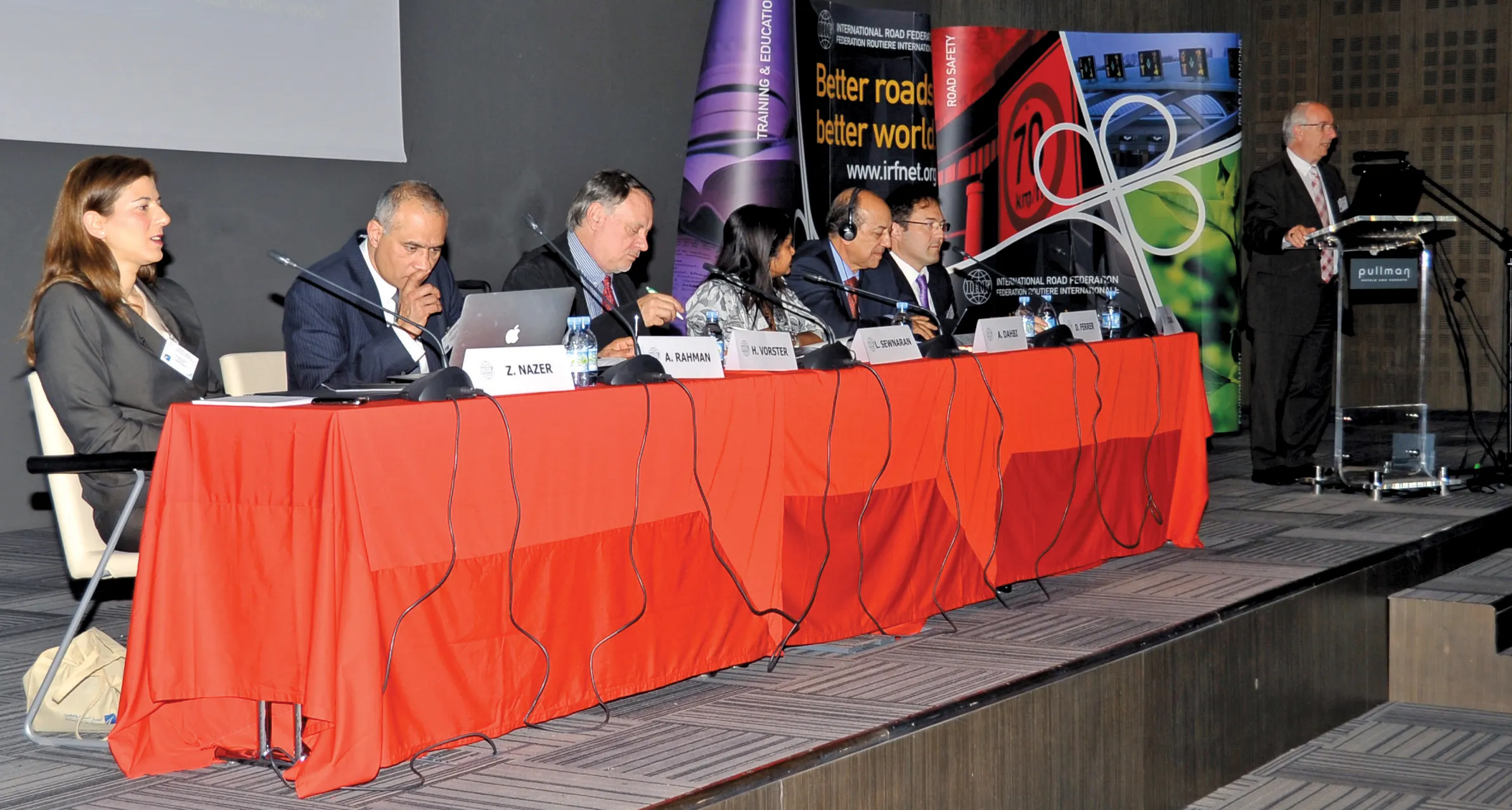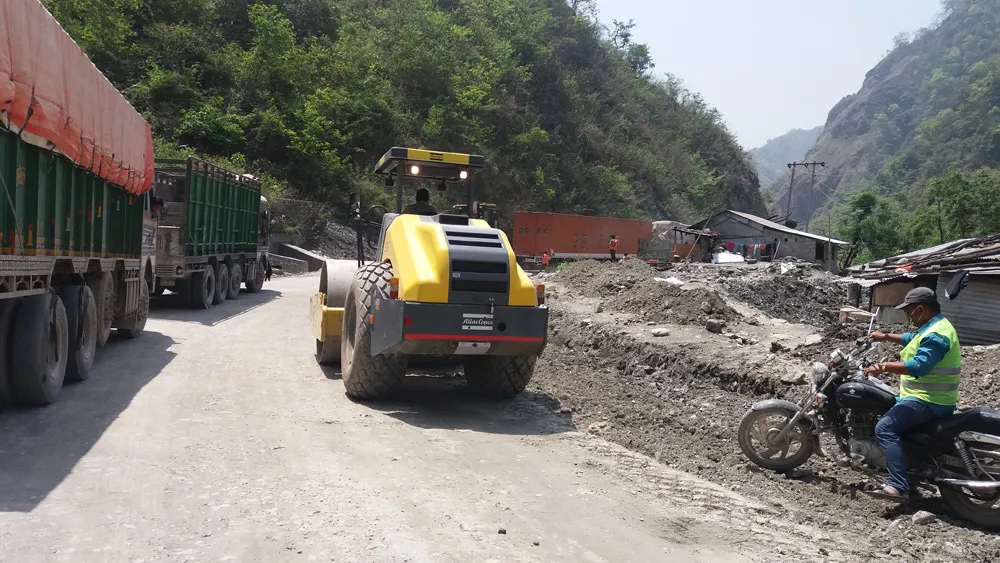Nepalese minister for finance Bishnu Prasad Paudel has highlighted the importance of transport as part of the country’s budget for the fiscal year 2016/2017. Key issues include reviving the economy affected by the earthquake and the supply system disruption and attaining high economic growth through increasing productivity and production. The budget will aid with promoting domestic and external investment and expanding economic activities, increasing income and employment and reducing poverty, in a bid to c
June 7, 2016
Read time: 2 mins
Nepalese minister for finance Bishnu Prasad Paudel has highlighted the importance of transport as part of the country’s budget for the fiscal year 2016/2017. Key issues include reviving the economy affected by the earthquake and the supply system disruption and attaining high economic growth through increasing productivity and production. The budget will aid with promoting domestic and external investment and expanding economic activities, increasing income and employment and reducing poverty, in a bid to create opportunities, build capacity and deliver quality social service to all Nepali people.
The post-earthquake reconstruction is targeting the rehabilitation and construction of roads and airports. The revised expenditure for the current Fiscal Year is estimated to be as US$6.55 billion.
Key projects include development of the new East-West highway and North-South corridor. In addition, the road connectivity programme will be implemented in all the provinces and district headquarters. The aim of this last is to integrate economic, commercial and touristic centres through modern, safe and standard road connectivity.
Construction of long-awaited Kathmandu- Nijagadh fast track, which is likely to contribute to economic, social and cultural transformation of Nepal, will be initiated from next year. The necessary budget has been allocated for the construction of Budhune- Hetauda stretch.
The post-earthquake reconstruction is targeting the rehabilitation and construction of roads and airports. The revised expenditure for the current Fiscal Year is estimated to be as US$6.55 billion.
Key projects include development of the new East-West highway and North-South corridor. In addition, the road connectivity programme will be implemented in all the provinces and district headquarters. The aim of this last is to integrate economic, commercial and touristic centres through modern, safe and standard road connectivity.
Construction of long-awaited Kathmandu- Nijagadh fast track, which is likely to contribute to economic, social and cultural transformation of Nepal, will be initiated from next year. The necessary budget has been allocated for the construction of Budhune- Hetauda stretch.








